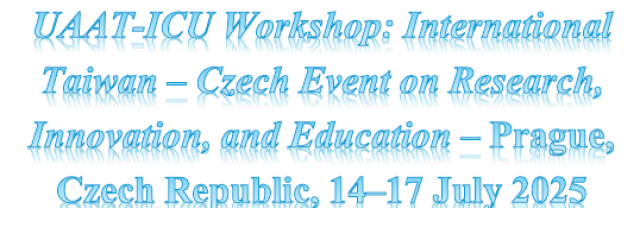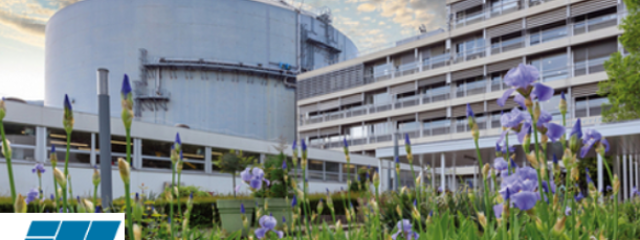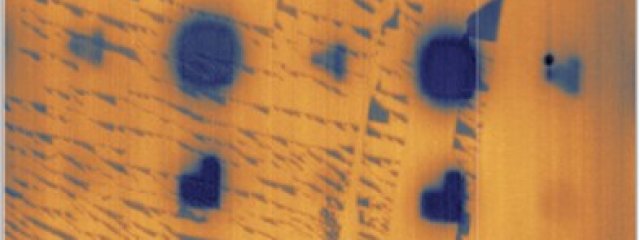News
Our colleague Dominik Šafránek from the Department of Condensed Matter Physics is the principal investigator of a project supported within the prestigious and highly competitive GA ČR JUNIOR STAR programme of the Grant Agency of the Czech Republic. As can currently…
RNDr. Michal Vališka, Ph.D. from our department became the laureate of the Neuron Award for promising scientists in the field of physics, awarded by the Neuron Foundation. He received the award at a gala evening on January 18 at the…
A new state-of-the-art experimental platform for generating and studying twisted light—light carrying orbital angular momentum (OAM)—has been successfully developed at the Faculty of Mathematics and Physics, Charles University (Matfyz). The system was designed and realized by Dr. Rahul Kesarwani as…
The Czech Science Foundation has announced the results of the Junior Star 2026 competition, in which 18 outstanding early-career scientists from all areas of basic research were successful. Among the winners is RNDr. Michal Vališka, Ph.D., from our department, who…
The Department of Condensed Matter Physics has expanded with a new research group, Quantum Information and Thermodynamics, led by Ing. Dominik Šafránek, Ph.D. The group, funded by two prestigious grant — Primus and Junior Star—will focus on developing a novel…
The Charles University Grant Agency has published the final evaluations of its funded projects. We are pleased to share that the project ‘Electrical and magnetic properties of rare-earth iridates under extreme conditions’ (no. 148622), solved by Mgr. Daniel Staško, Ph.D.,…
Theory department members contributed to a complex DFT-based study of the van der Waals magnetic material VI₃, revealing how its specific easy axis direction is linked to lattice distortions and exceptionally high orbital momentum. The obtained solution has specific electronic…
In the term of 14th - 17th July 2025 the UAAT-ICU Workshop: International Taiwan–Czech Event on Research, Innovation, and Education takes place in Prague, Czech Republic. This workshop marks significant moment in the growing scientific collaboration between the Czech Republic and…
The annual Scientific Members Meeting of the Institut Laue-Langevin (ILL; Grenoble, France) took place in Paris on 19th June 2025. The main topics of the agenda included recent scientific and technical developments at the ILL, covering the advancement of experimental…
Researchers from the groups of Klára Uhlířová and Tim Verhagen have become the first to discover moiré ferroelectricity in single crystals of chalcogenides with incommensurate crystal structures. The phenomenon was first identified during the work on a bachelor thesis, though…











